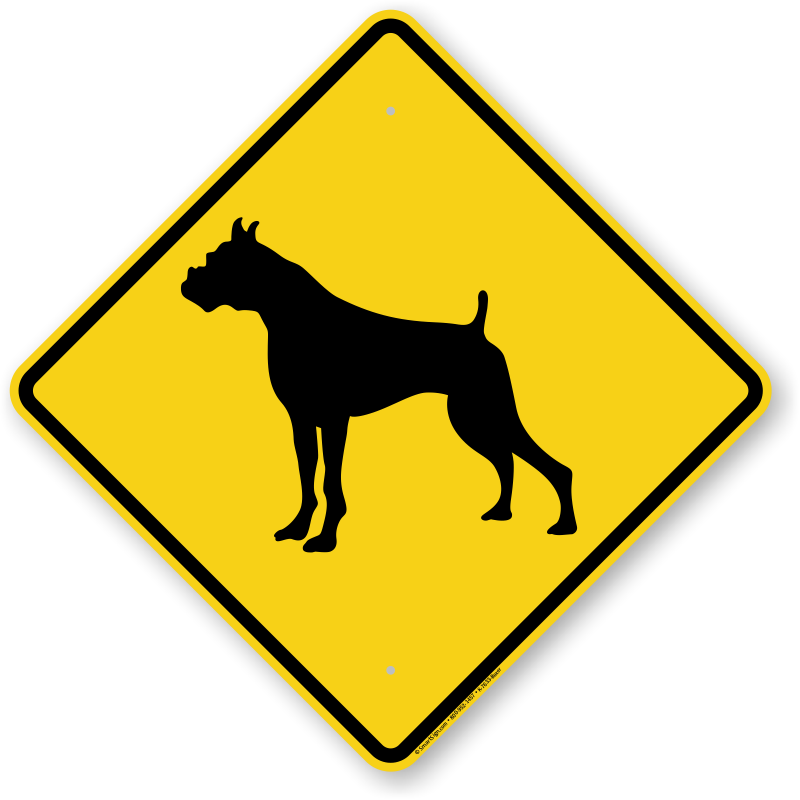

Here we look at the 10 best guard dogs for families, all while remembering that training and caution should go hand in hand with choosing your dog. While proper breeding, good care, and attention to training are all important in raising a dog to protect you, some breeds remain more suited to guarding families than others. How much of the wild wolf still remains, hidden, but not forgotten after years of breeding and training?įamilies especially now face a tougher choice than ever when choosing a dog to have around the home, to welcome as part of their family, and to protect both the home and those within it.

This has created a wider debate about the nature of dogs, the safety of certain breeds, and whether a once wild creature can ever truly be trusted, especially around young children. In extreme cases, it has led to dogs attacking those that they were supposed to be protecting. In other cases, it has led to crueler treatments, dogs left alone for hours on end and disruption to the relationship between the human and dog pack.

In some cases, this is positive leading to better understanding and treatment. Humans have changed as well, and so have our expectations and interactions with our pets. But it is not just dogs that have changed since the days of the wolf pack close to the fire. The Changing Relationship Between Humans and DogsĪs our needs further diversified so did the traits that we bred into our dogs, leading to the various breeds we have today, all with their own unique personalities, traits, and in some case challenges. Dogs were bred to encourage specific traits including, hunting, retrieving, herding, scent following, and guarding. As dogs separated from wolves, and the breeds began to diverge, different breeds showed different aptitudes. Dogs have been guarding humans since their wolf ancestors first decided that the warmth and comfort of the fire and an easy supply of food was worth working for.


 0 kommentar(er)
0 kommentar(er)
